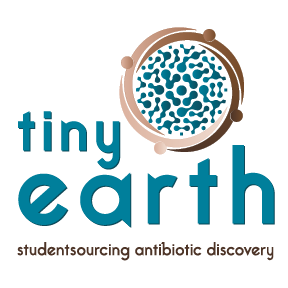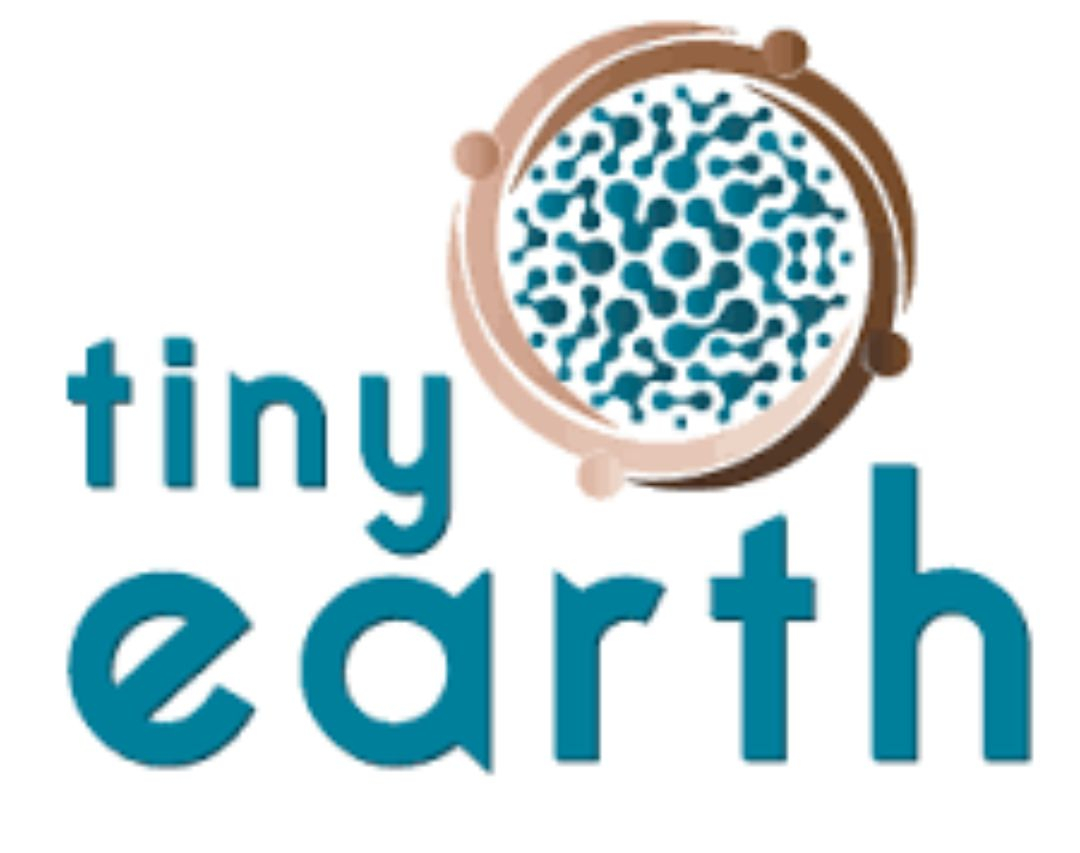Tiny Earth Chemistry Hub (TECH) Update
Greetings from TECH! As part of the “Science and Discovery” core of Tiny Earth, TECH was established in 2018 at UW-Madison to bring to life the Tiny Earth mission to address antibiotic resistance. The TECH team is an enthusiastic group of microbiologists, chemists, and genomicists who further study potential antibiotic-producing bacteria that students isolate during their Tiny Earth courses. Using several approaches, TECH’s research goes beyond what can be accomplished in the one-semester Tiny Earth course and moves the network closer to discovering the next antibiotic.
The Chemistry Hub’s large–and growing–collection of Tiny Earth isolates is one of TECH’s greatest assets (our network of students and instructors being the other). The collection is crucial to finding a novel antibiotic, and we are so grateful for institutions that have shipped us promising strains. We are excited about the diversity of soil environments represented in our collection, which contains over 2,500 bacterial isolates from 12 US states (unfortunately, at this time, we cannot accept isolates from outside the US).
With so many isolates to work with, TECH scientists must prioritize isolates to study based on (1) activity (that is, inhibition against ESKAPE safe-relatives with special attention given to those with activity against gram-negative bacteria); (2) complete genomic sequences; and (3) metabolomic profiles. Integrating data from all of these methods, most often by informing metabolomic prioritization with genomic data, we hope to reduce opportunities for re-discovery. Therefore, TECH’s aim is not to elucidate the chemical profile on every single isolate but, rather, use -omic profiling and activity to prioritize strains for investing resources. Tiny Earth partner schools are always welcome to continue studying their own isolates, even if they have been shipped to TECH. We’d love to hear what you discover!
TECH is entering its third year with some great successes. On the genomic front, we have a strong collaboration with the Joint Genome Institute (JGI) where we sequence the majority of our isolates’ DNA. We now have complete genome sequences of 89 isolates. On the metabolomics side, more than 300 isolates have been profiled with mass spectrometry. Last fall, we installed several new pieces of equipment to accelerate discovery: an HPLC, a speedvac, and rotary evaporators. WID acquired its own mass spectrometer, which removes a major bottleneck in discovery. These new items have enabled us to profile and fractionate secondary metabolites from 17 isolates grown in large scale (1-liter or 4-liter). ESKAPE re-screening occurs in each step of the pipeline.
What’s coming next? Our collaboration with JGI will enable TECH to sequence over 500 genomes over the next two years. Genome sequence analysis provides context for metabolomics, which will also ramp up in the next few years, as we now have equipment, space, and an established pipeline. TECH’s goal is “22 in 22”: identifying bioactive compounds in 22 strains in the year 2022. Antibiotic discovery continues to progress and we expect to produce some data on at least one isolate from every school that has submitted strains.
This year, TECH will communicate when isolate submitters can expect data, what kind of data they will receive, and why isolates have moved through parts of TECH’s pipeline or not.
With antibiotic resistant infections on the rise, this work is essential, and is only possible through an amazing, global network like Tiny Earth. We’ve appreciated your contributions, encouragement, and patience since TECH began. We will continue to submit grant proposals and find additional resources to support this work, and we always welcome new ideas and feedback!
–Martel DenHartog (she/her), Tiny Earth Research Specialist
I work on genomic and metabolomic extractions and communicating TECH updates with TEPIs. Reach out to me at denhartog2@wisc.edu with questions and fill out this form if you would like to send TECH your promising isolates (Tiny Earth Database entries required).
Check out the Handelsman Lab website to meet the rest of our team.
Updated on January 3, 2022


